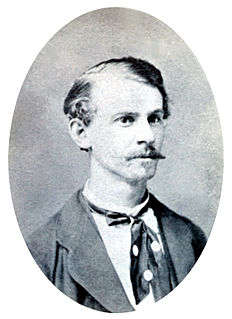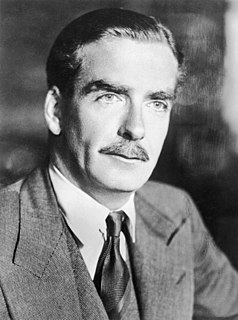A Quote by Marcus Tullius Cicero
He is sometimes slave who should be master; and sometimes master who should be slave.
Related Quotes
All you have to do is go back to slavery - days, and there were two types of slaves, the house slave and the field slave. The house slave was the one who believed in the master, who had confidence in the master and usually was very friendly with the master. And usually he was also used by the master to try and keep the other slaves pacified.
I think it is the easiest mentality for a human being to be either colonized or to colonize. The structure of either the slave or the master seems to be the simplest and the most relaxing one to slip into. Either you are a slave, and you don't have to think for yourself, or you're a master, and you don't have to work for yourself.
Artists have a double relationship towards nature: they are her master and her slave at the same time. They are her slave in so far as they must work with means of this world so as to be understood; her master in so far as they subject these means to their higher goals and make them subservient to them.
A man in love ... is the master, so it seems, but only if his lady friend permits it! The need to interchange the roles of slave and master for the sake of the relationship is never more clearly demonstrated than in the course of an affair. Never is the complicity between victim and executioner more essential. Even chained, down on her knees, begging for mercy, it is the woman, finally, who is in command ... the all powerful slave, dragging herself along the ground at her master's heels, is now really the god. The man is only her priest, living in fear and trembling of her displeasure.











































